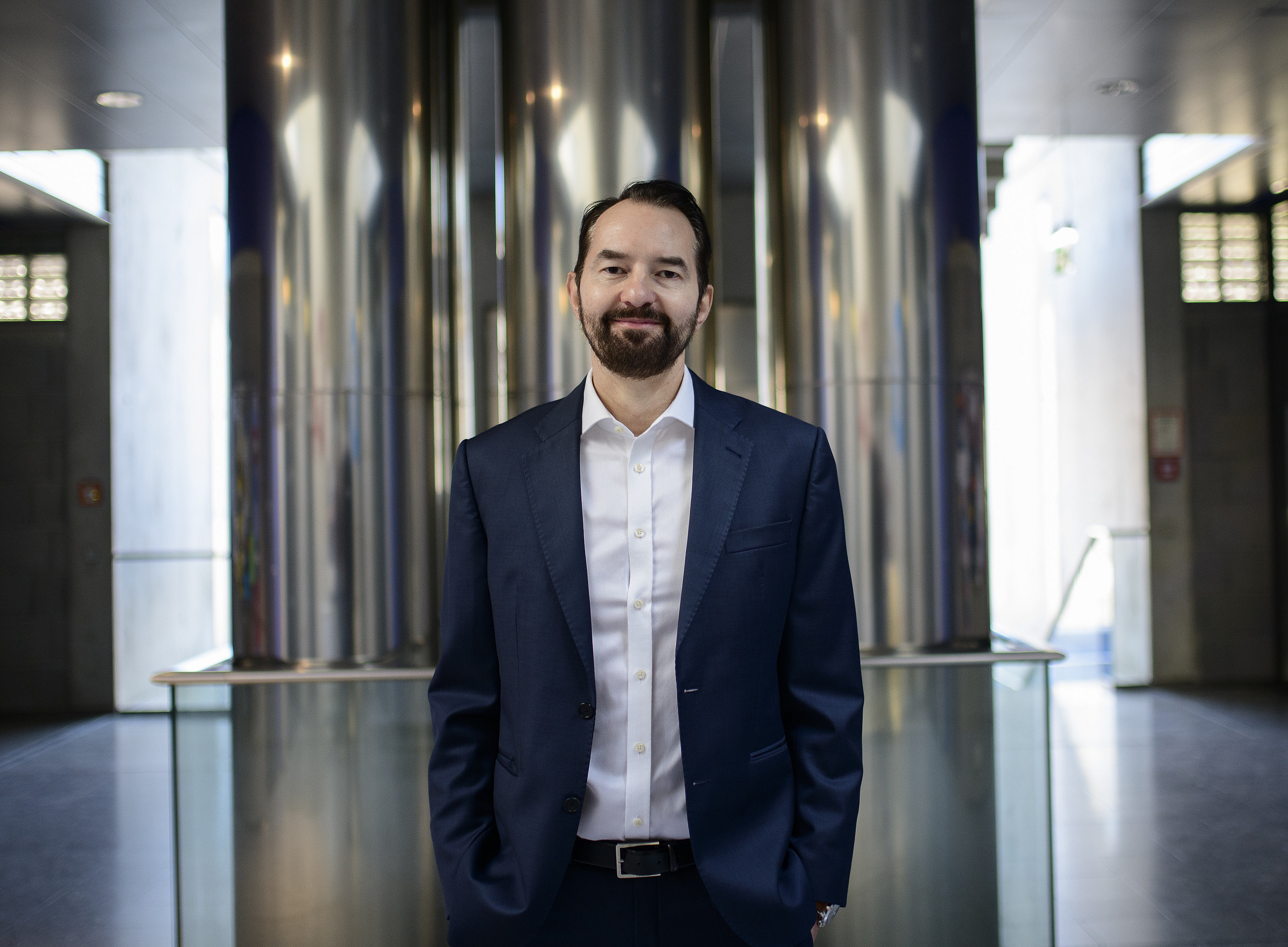Whether it's the weekly shopping or a coffee to go, many of us notice every day that life has become more expensive. News websites and social media outlets repeatedly claim that Austria is in a “crisis.” But what does that actually mean? Maik Schneider from the Institute of Economics at the University of Graz has an answer: “The country is in a difficult phase of upheaval, a transformation.” Specifically, gross domestic product (GDP) has not grown for two years in a row, but has actually fallen slightly, the number of unemployed is rising, and inflation is consistently higher than in the rest of the eurozone.
What this means can be seen in the supermarket. Whether it's bread, meat, chocolate, or fruit, everything is more expensive in Austria than in neighbouring Germany, for example. “This price difference can hardly be explained by geographical factors such as transport costs and tax differences alone,” emphasizes the expert. Should the state now intervene and introduce fixed prices? “That is not the right approach,” says Schneider. “Rather, it is a matter of looking at the causes of the high prices. How can competition be strengthened and territorial delivery restrictions be removed, for example?” This is because large food manufacturers are currently preventing Austrian retailers, for example, from buying at the same low prices as German companies. This is then also reflected on supermarket shelves. “However, this issue must be resolved at EU level,” says Schneider.
Price cap
Intervening in prices, such as imposing a price cap, would not really combat inflation, but only postpone it. This phenomenon is particularly evident in Austria. The electricity price cap only helped in the short term to cope with high energy costs. “The extreme prices on the electricity market were always there, they were just hidden,” explains the economist. The effect: with the end of the price cap, inflation rose sharply again.
Although major economic challenges lie ahead, Schneider warns against taking a pessimistic view of the situation: “Recently, for example, growth forecasts have brightened slightly, and despite the difficult situation, many people are no worse off than before.” The economist emphasizes that GDP is not the only measure of prosperity. “Of course, you could say that if people work more hours, that means more growth in the short term,” says Schneider. “But it's also about quality of life. If we want more of that, we need innovation above all else.”
Innovation ensures prosperity
Europe faces the major challenge of getting fit for the future, the economist emphasizes. “In the US, top universities work together with financially strong investors. This biotope is missing here.” As a result, the research environment for top scientists in the EU is often not attractive enough. It is important to take appropriate measures here, especially for technologies that will shape the future, such as artificial intelligence or renewable energies.
"Innovations are the real drivers of prosperity. In Europe, we must ensure that we actively shape and drive technological change. Without this progress, long-term growth is hardly possible," explains Schneider. And this is where universities play a central role. Through intensive basic research, they form the foundation from which new technology can emerge in the first place.
At the University of Graz, your studies will lay the foundation for tomorrow's innovations. Work with us for the future – for example, with a degree in economics.
